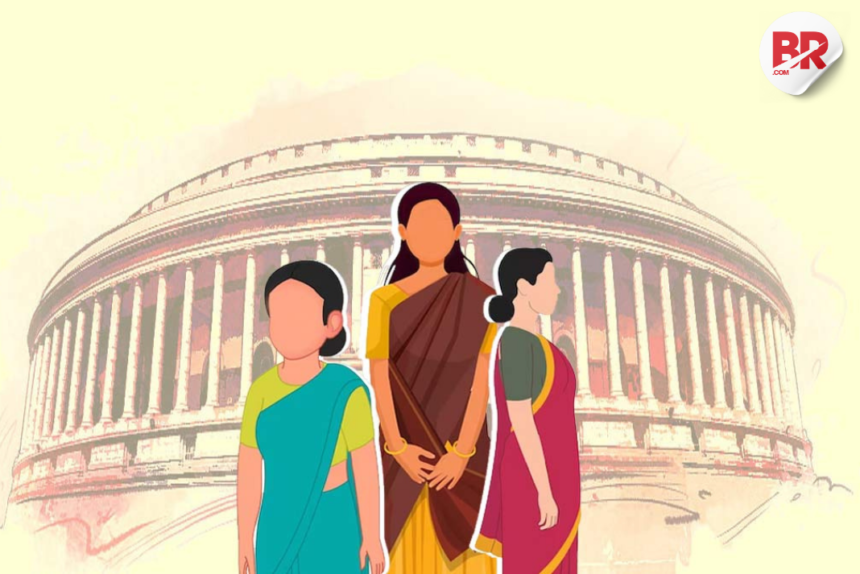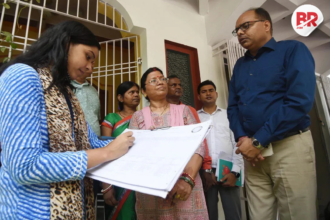
In a historic move, the Centre plans to roll out 33% reservation of seats for women in the 2029 Lok Sabha election, as per a report by The Indian Express. This is part of the Nari Shakti Vandan Adhiniyam, which aims to reshape the country’s political representation for women.
But here’s the catch—it all hinges on delimitation, which can only happen after the next Census. The law says the reservation will kick in based on the first Census after the Act is enacted. That means the 2027 Census is the clock we’re all watching now.

What Does This Mean for You and Me?
If you’re a woman thinking of running for office—or just want a Parliament that finally looks a bit more like the country—it’s good news. It’s not instant, but it’s coming.
And for political parties? This changes the game. Candidate lists, vote banks, campaign strategies—everything will need a rethink. Women will no longer be “symbolic” entries. They’ll have a third of the house.
How Delimitation Fits Into the Plan
Delimitation is the redrawing of boundaries for Lok Sabha and Assembly constituencies. It also decides which seats are reserved for SCs, STs—and now, women. The last delimitation was frozen in 2001, and the new round will only happen after the 2027 Census, which is due to start next year.
Parliament will also need to pass a new Delimitation Act, and it may increase the total number of seats.
Digital tech might speed up this Census. According to IE, data will be collected via mobile apps and uploaded centrally, unlike the old pen-and-paper method. The government hopes to finish this by March 1, 2027.
Also Read 53.68% Women, 30.68 Crore Workers: How e-Shram is Changing India
The Politics Behind the Numbers
This isn’t just policy—it’s politics. Delimitation has already sparked tension. Southern states, especially Tamil Nadu and Kerala, worry they’ll lose seats since their population growth has slowed. From 24% of India’s population in 1971, they’re down to 19.7% in 2023.
But Home Minister Amit Shah has tried to calm fears, saying no southern state will lose even a single seat on a proportional basis.
Still, the move isn’t without irony. The bill passed in 2023—but actual benefits will only show up six years later. It’s like buying a brand-new phone now, and waiting till 2029 to unbox it.
The Fine Print
- The women’s reservation Bill is officially the Constitution (128th Amendment) Bill, 2023.
- It passed both Houses of Parliament with wide support.
- The rollout depends entirely on Census data + Delimitation Act.
Final Thought
This is big. A third of the seats in the most powerful lawmaking body in India—reserved for women. The machinery is slow, yes. But when it moves, it could change politics forever.
Also Read Caste Data in the Census: What Are We Really Measuring, and Why Does It Matter?












